{Galerius Vatinius}
First, I will make an observation as to make a point about Manius' credibility, then ask my question, although perhaps pointless. Now, it has been confirmed by Manius Aemilius himself and his defender and son, Servius that he apparently has a habit of calling things by different names and misusing words. Keeping that in mind, how much can we take as fact when Senator Aemilius makes statements about Publius Laevinus' absence from the battlefield at the time of battle, or any other statement he might make for that matter? I don't even understand why he should be allowed to be here in the first place. One would think a nation such as Rome would have somewhere to put such people...
In any case, for the sake of the trial I will proceed with my question. Senator Aemilius, when and where was the last time and place you saw or heard from Senator Laevinus, and what were his orders?







 Reply With Quote
Reply With Quote







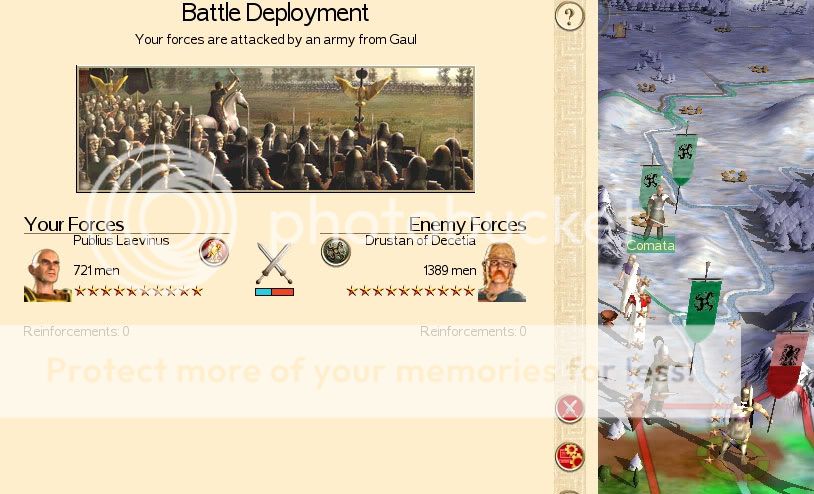

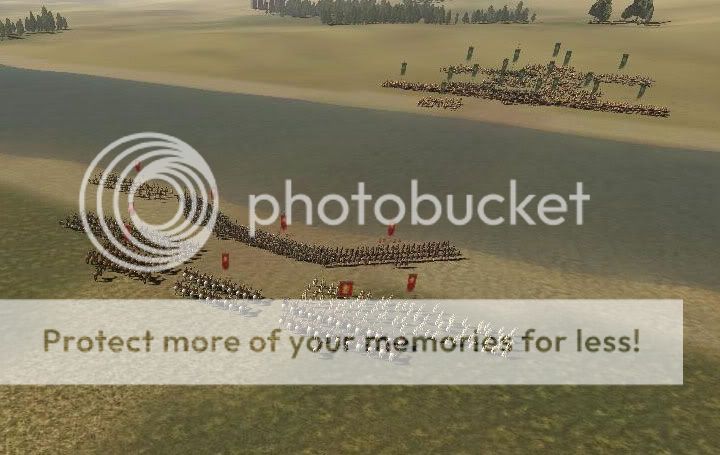
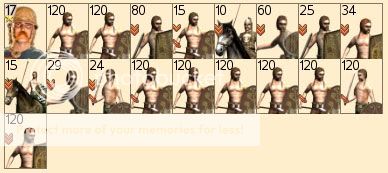
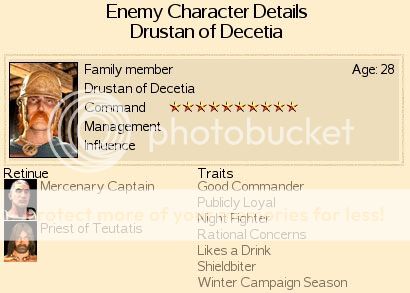

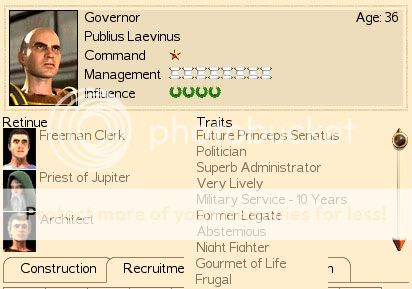
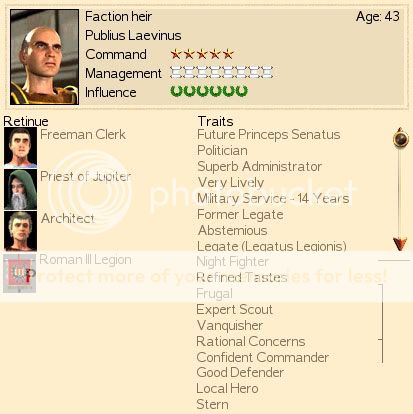
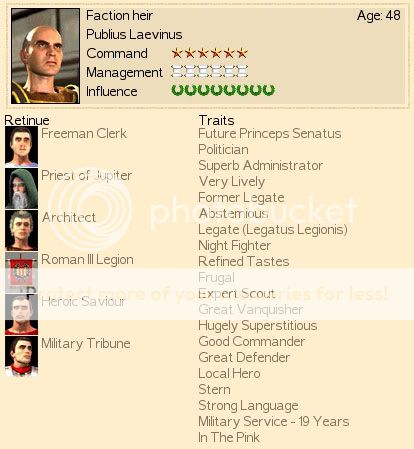
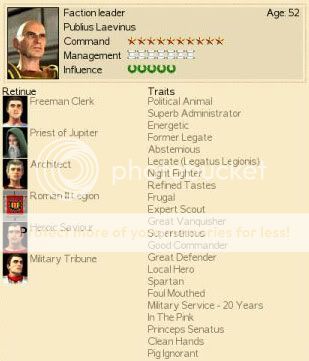


Bookmarks